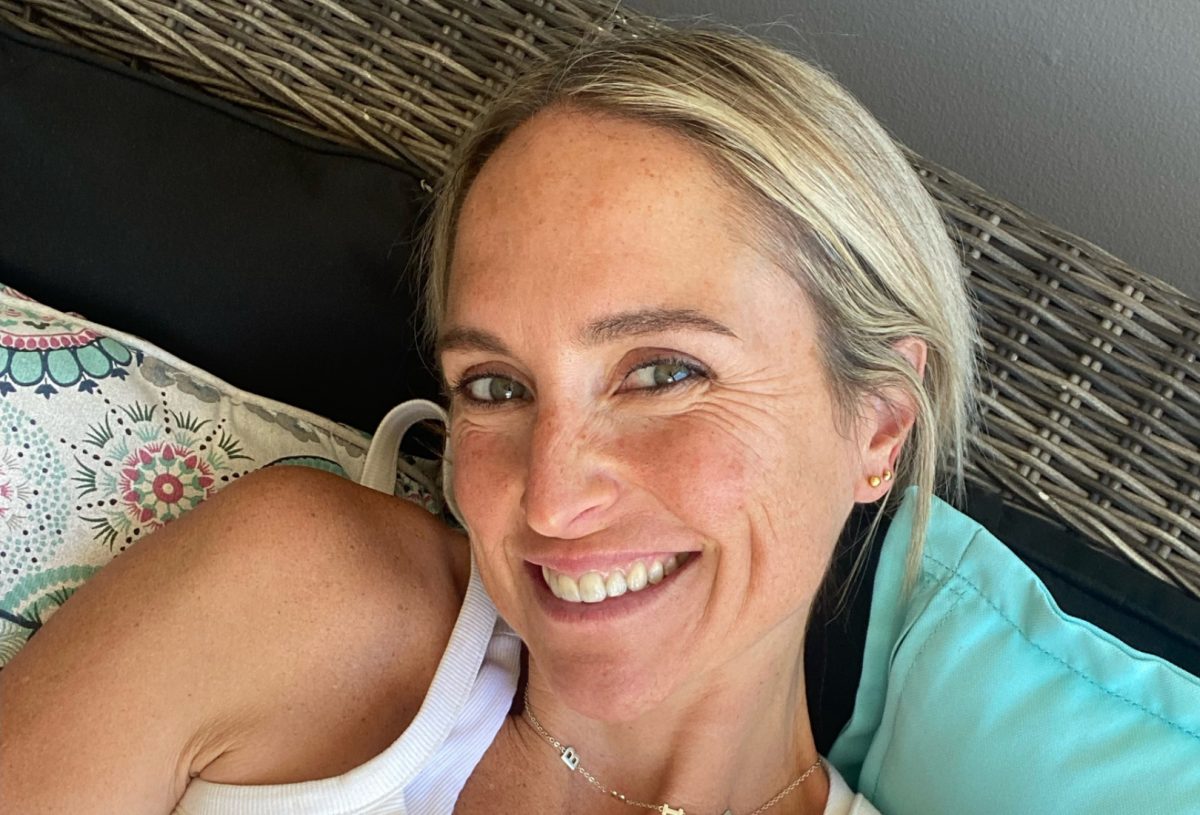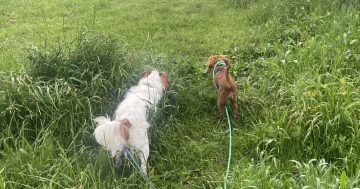
TikTok star Aimee Connor is urging parents to start educating themselves about meningococcal. Photo: Supplied.
As a mum and nurse, Wollongong TikTok star Aimee Connor is aiming to raise awareness of meningococcal disease as peak infection season hits.
With data from GSK’s 2023 survey of 300 Australian parents revealing many weren’t aware of some of the key facts surrounding meningococcal, the TikTok creator with more than 700,000 followers and mum-of-four felt her influence in the parent and health space could help change that.
“For instance, 36 per cent of the respondents correctly understood the symptoms might be similar to the flu, and most respondents – 81 per cent – were unaware that there are multiple strains of the bacteria and that we should be vigilant about protecting against them,” Aimee said.
“I, for one, was part of that group.”
Meningococcal disease is a rare but potentially devastating bacterial infection, which can start suddenly and become serious quickly.
Aimee said meningococcal could occur at any age, but children less than two, and adolescents aged 15 to 24, were most at risk.
“Being a mum of a child who is two, I was really keen to not only learn more about how I can protect my family, but also share this message to my fellow Australians that might be in the same boat as me,” she said.
“The first time I even delved into it was when I had my first child and you go for that six-week checkup, and they run it by you, and then you go into a little bit of a rabbit hole of what it is and how dangerous it can be.
“But because it’s not something I’ve lived or something I’ve experienced, it ends there until the next checkup.
“So I think it’s definitely something that needs to be more at the forefront of our brains as parents, so we can really be vigilant.”
She said now was the time to start doing that, with NSW Health predicting invasive meningococcal disease cases were expected to peak in early spring.
“With it being spring and the weather warming up, this is the peak meningococcal season now,” she said.
“It means children who are under two, and also those adolescents, face an increased risk of infection because transmission risks are increased when people start gathering in groups and hanging out together.
“That usually happens in school holidays and when the weather starts to warm up.”
She said with the disease often taking hold quickly, her message was for parents to be aware, know the facts, learn about which strains vaccinations covered and visit a GP if they were worried or wanted more information about how to minimise the risks.
“Familiarise yourself with the early signs and the symptoms and the different strains, as well as how you can protect yourself and your family,” she said.
“Every family’s circumstance are so different, so it’s really important to know what your risks are and what your options are to protect yourself and your family.”
NSW GP and father of three Dr Sam Hay said educating parents was critical and should be a priority.
“We know that between 5-25 per cent of the general population carry the bacteria at any one time without showing illness or symptoms,” Dr Hay said.
“For those who do contract the disease and show early symptoms, it’s often difficult to attribute them to meningococcal disease, because they can resemble common flu-like infections.”
Meningitis Centre Australia CEO Ms Karen Quick said while we did rely on doctors to provide health-related information, parents also had a responsibility to be proactive.
For more information about meningococcal disease, speak to your healthcare professional and visit the Know Meningococcal site. To keep up with Aimee, follow her on TikTok.














